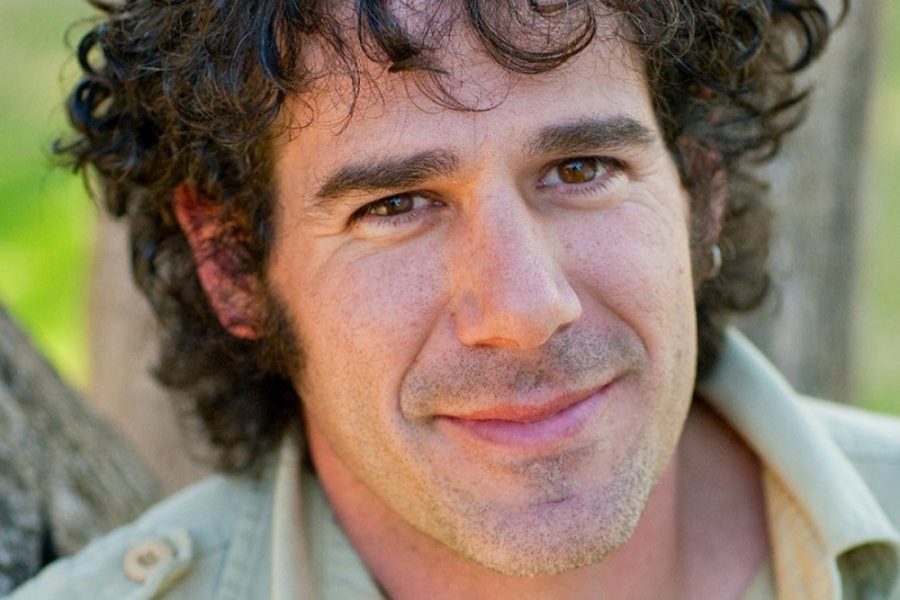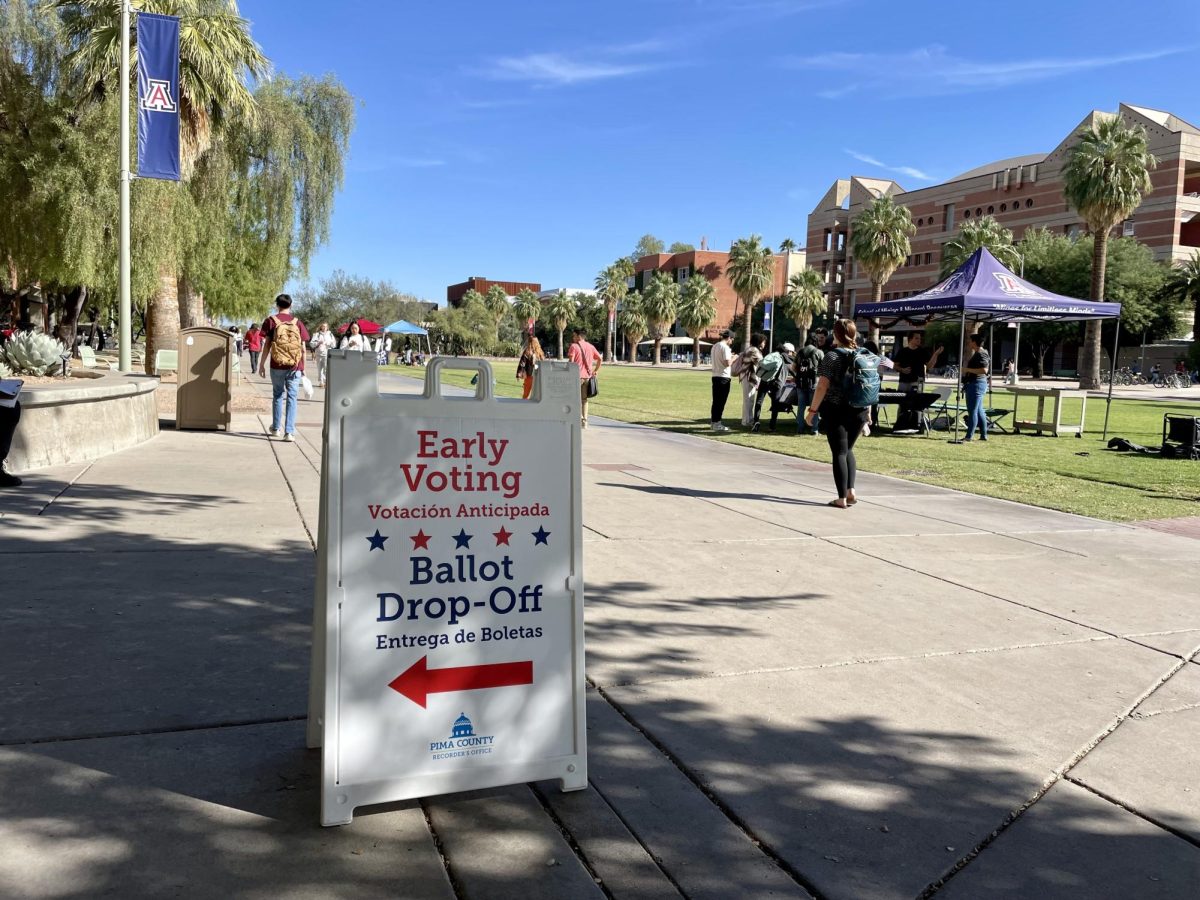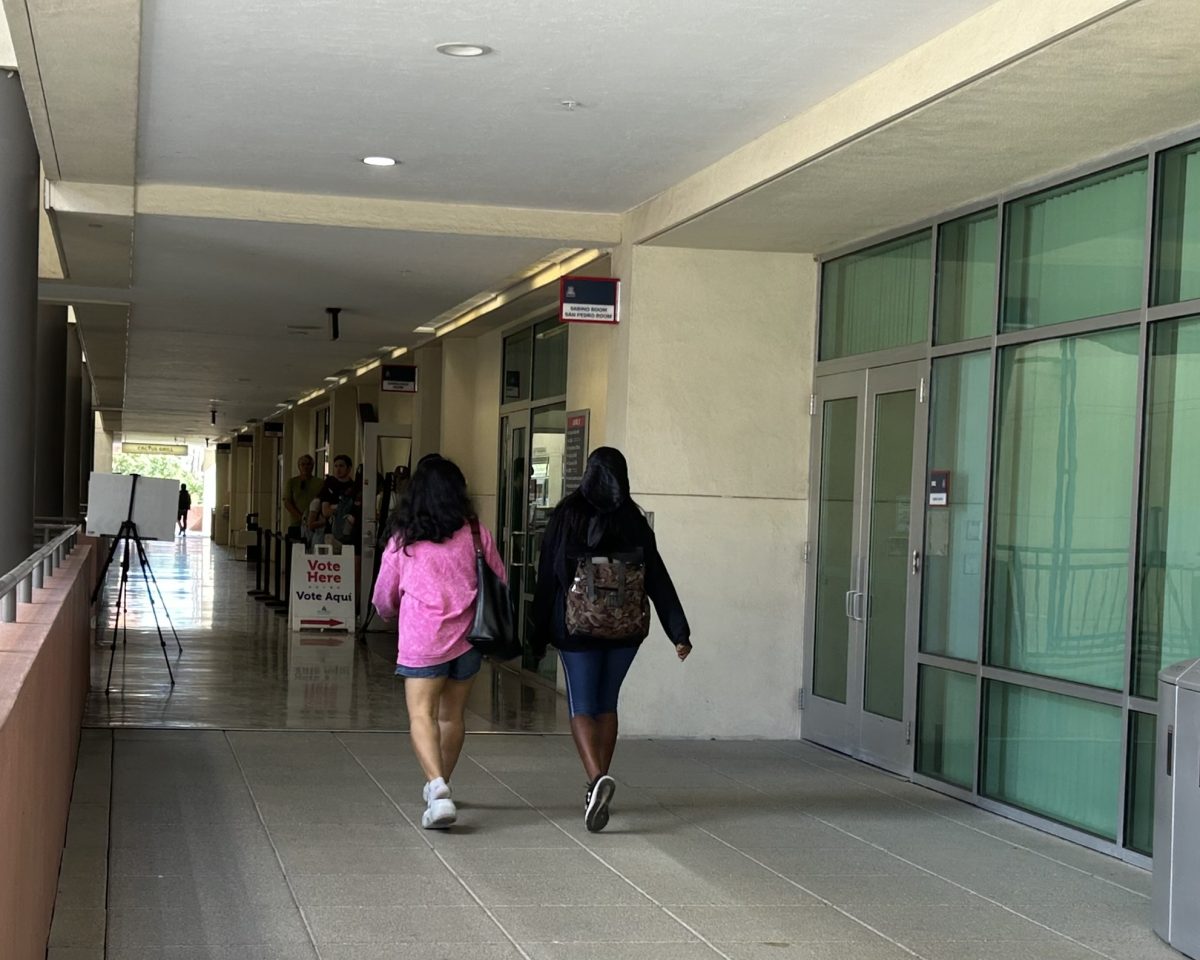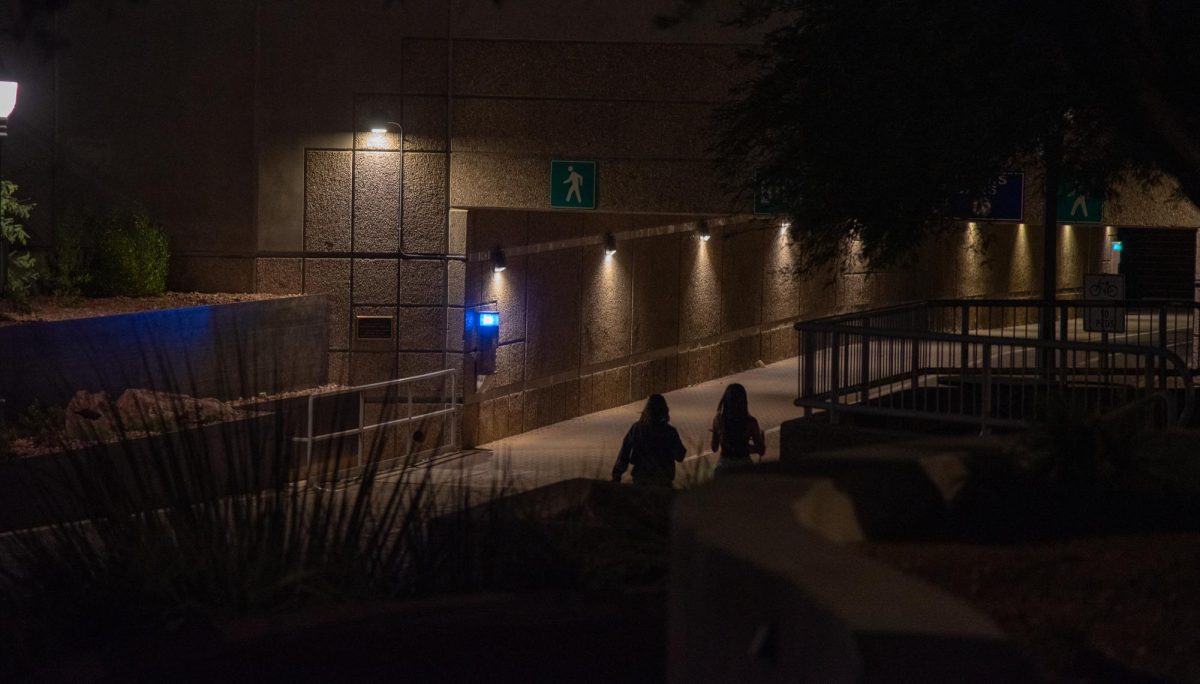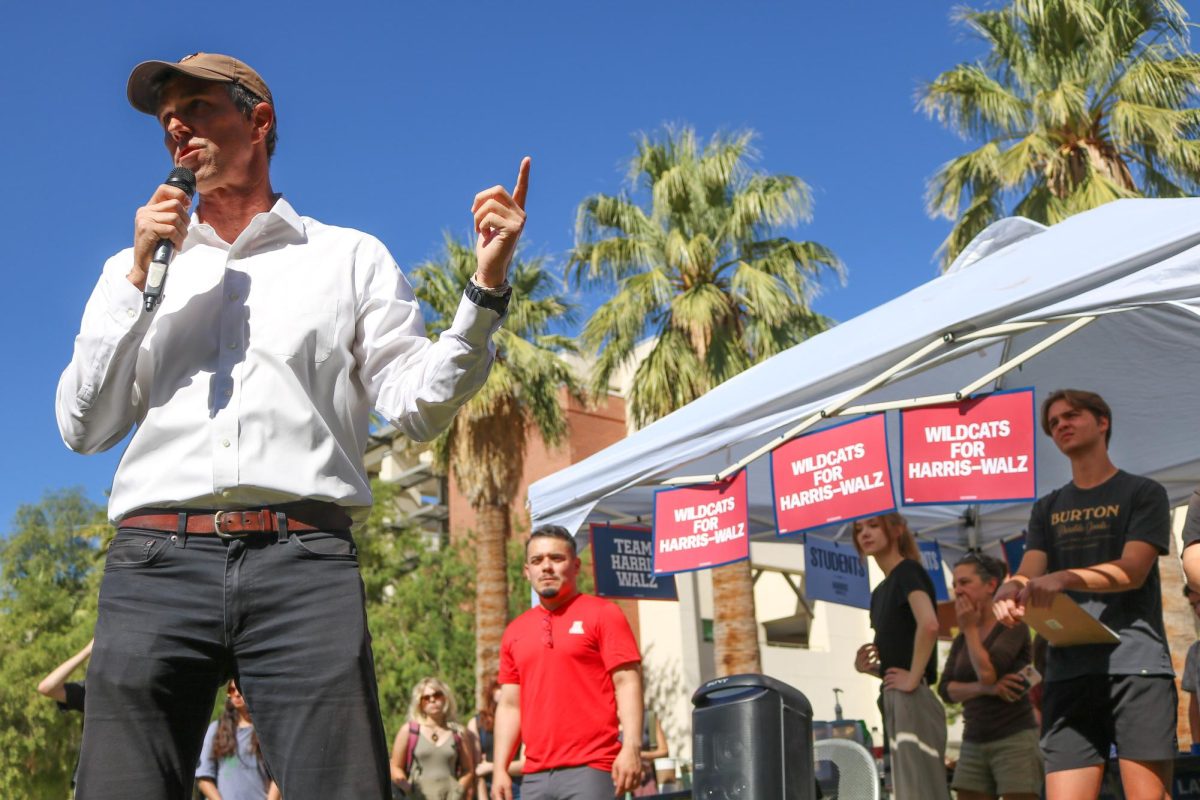Raphael “Rafe” Sagarin, a beloved marine ecology professor at the UA, was struck by an alleged impaired driver while bicycling and died May 28, at 43 years old.
He is remembered by his family, peers and colleagues who celebrate his life’s achievements and remember his enthusiastic personality.
Sagarin was known for being very passionate, energetic and expressive of ideas and points of view, especially those involving environmental studies. His accomplishments include writing multiple academic publications, founding a scholarship program and discussing climate change with former President Bill Clinton and former Vice President Al Gore. He also taught at the UA and was working at Biosphere 2 to create a functional model of the Gulf of California.
In 1994, he received a bachelor’s degree from Stanford University in earth systems biology. Then in 2001, he received a doctorate in ecology, evolution and marine biology from the University of California, Santa Barbara.
He wrote several academic publications and a book, “Learning from the Octopus” which suggested ways to improve national security by observing how animals evolved.
Sagarin was also a founding member of the “Beaver Queen Pageant,” a fundraising event in which judges take comical bribes in effort to support the community and beavers. He was also a founding mentor for the Carson Scholars Program, which awards scholarships to master’s and doctorate students seeking degrees in environmental research.
Most recently, he worked at the Biosphere 2 with Kevin Bonine, director of education and outreach, for the past two years. He describes Sagarin as “a productivity dynamo” with “sort of a whirlwind of energy and ideas [who] was touching on lots of different departments and different people.”
Bonine discussed Sagarin’s opportunity to speak with Clinton and Gore about tidal pools at Hopkins Marine Station in Pacific Grove, Calif., in June of 1998. “That was really the highlight for him; the ability to share his excitement and enthusiasm and to explain the climate change,” Bonine added.
“Passionate, very passionate,” is how Thomas McDonald, chief of staff for human resources at the UA, describes Sagarin. They met in 2011 and occasionally stepped out for lunch together. McDonald said he was a relaxed, laid-back individual who carried good conversations because he wasn’t shy about his ideas.
Sagarin wasn’t afraid to share his intellect. For example, in a Vimeo video podcast, Sagarin describes taking a decentralized aspect of adaptable systems and applying it to the university courses he taught. The idea was to encourage students who didn’t follow a set adaptable system to willingly learn, which was successful.
Daniel Stolte, science writer for News Services at University Communications, took one of the two classes Sagarin taught at the UA before graduating. “On the first day, he came in and said, ‘The administration requires me to have a syllabus. I don’t like syllabi.’” He had his students rip up the syllabus and asked what they wanted to learn.
Sagarin wanted his students to engage in learning by teaching each other and by collaborating ideas. Stolte said Sagarin was very influential because he had the ability to take any hopeless projects and turn them into winning perspectives.
Funeral arrangements are yet to be determined, but a memorial will be held in July. Survivors include his wife, Rebecca Masten Crocker, and two daughters, Ella and Rosa Sagarin.
A GoFundMe account has been set up to help with funeral expenses and has raised over $15,000. Donations are accepted online at www.gofundme.com/



